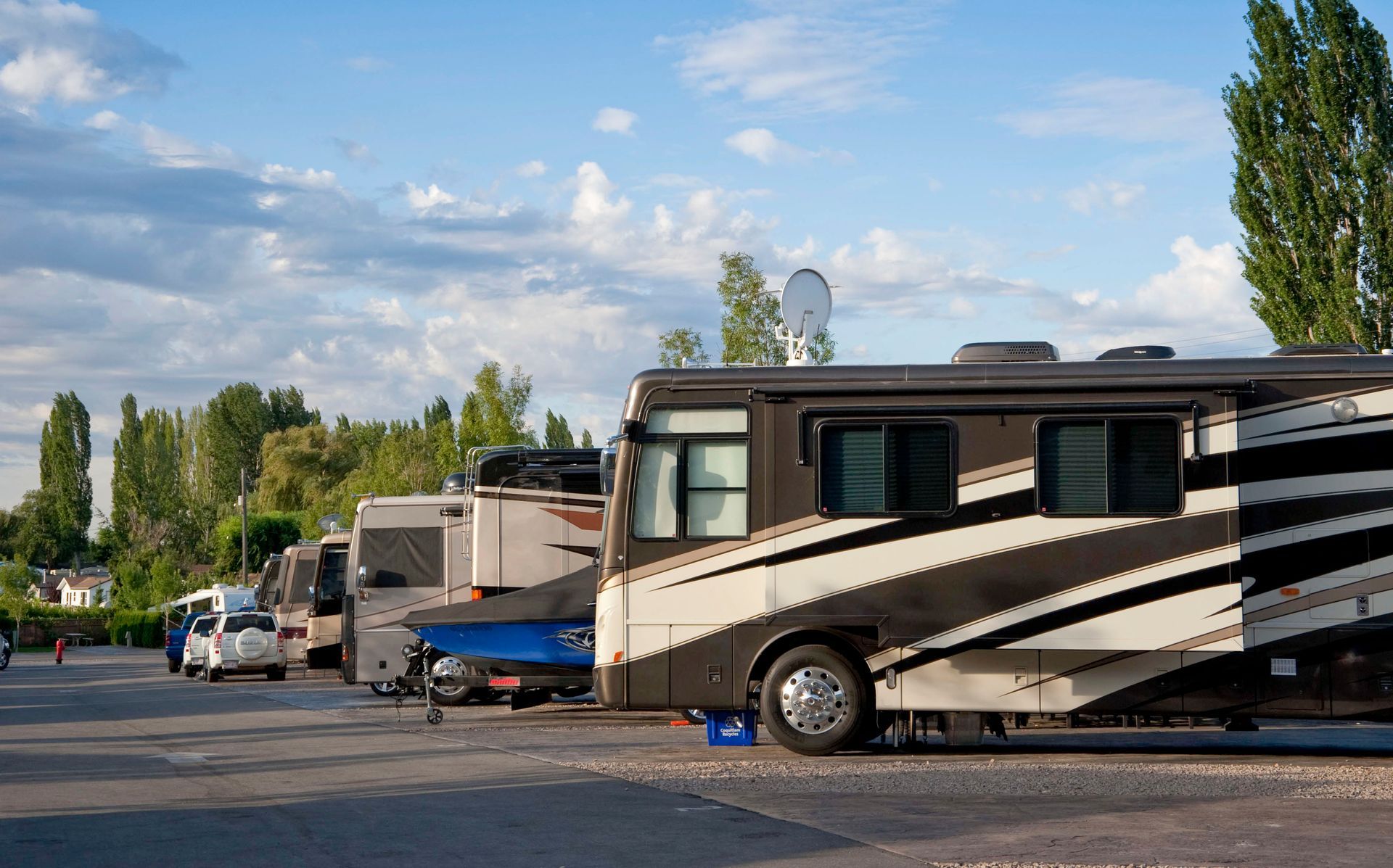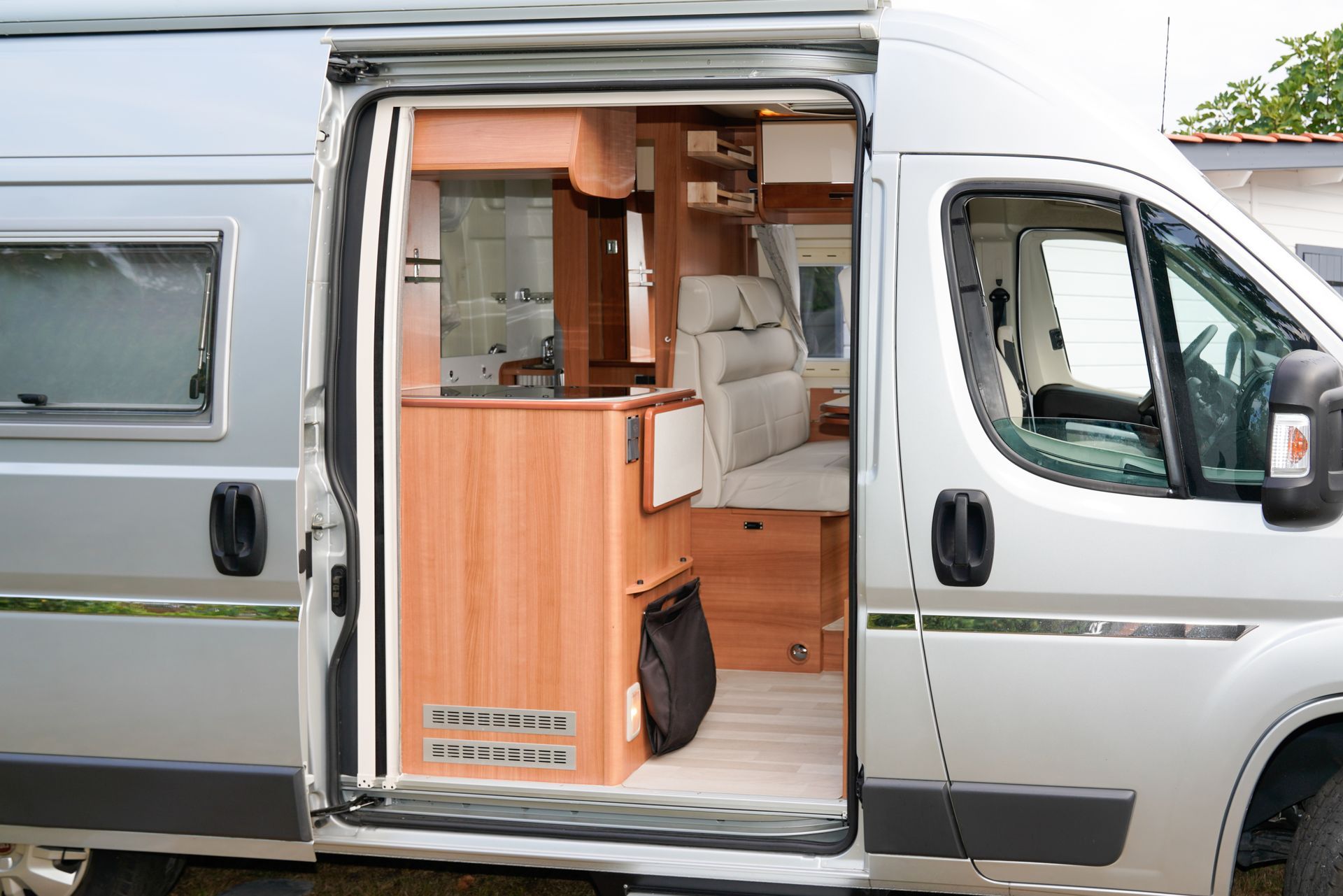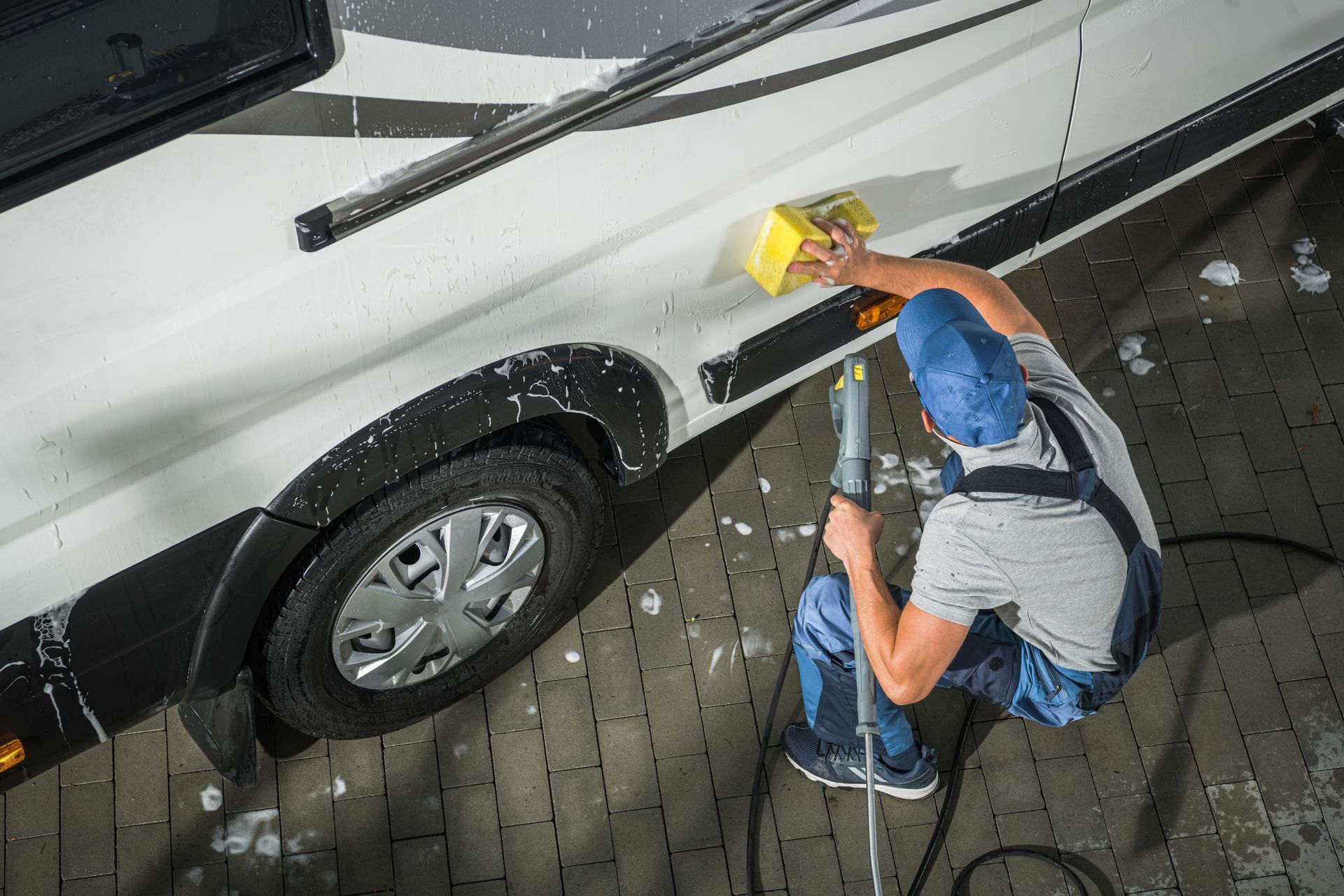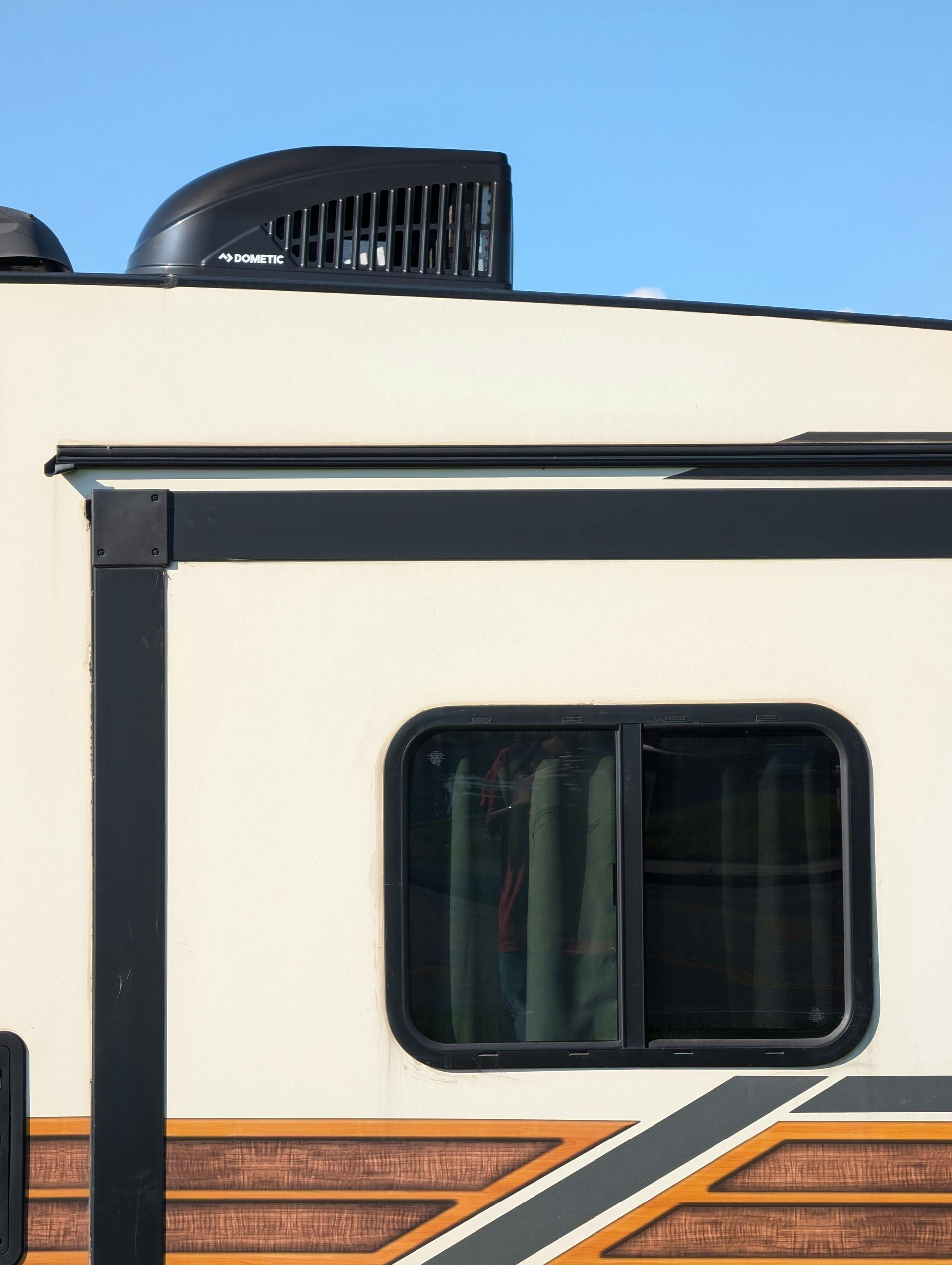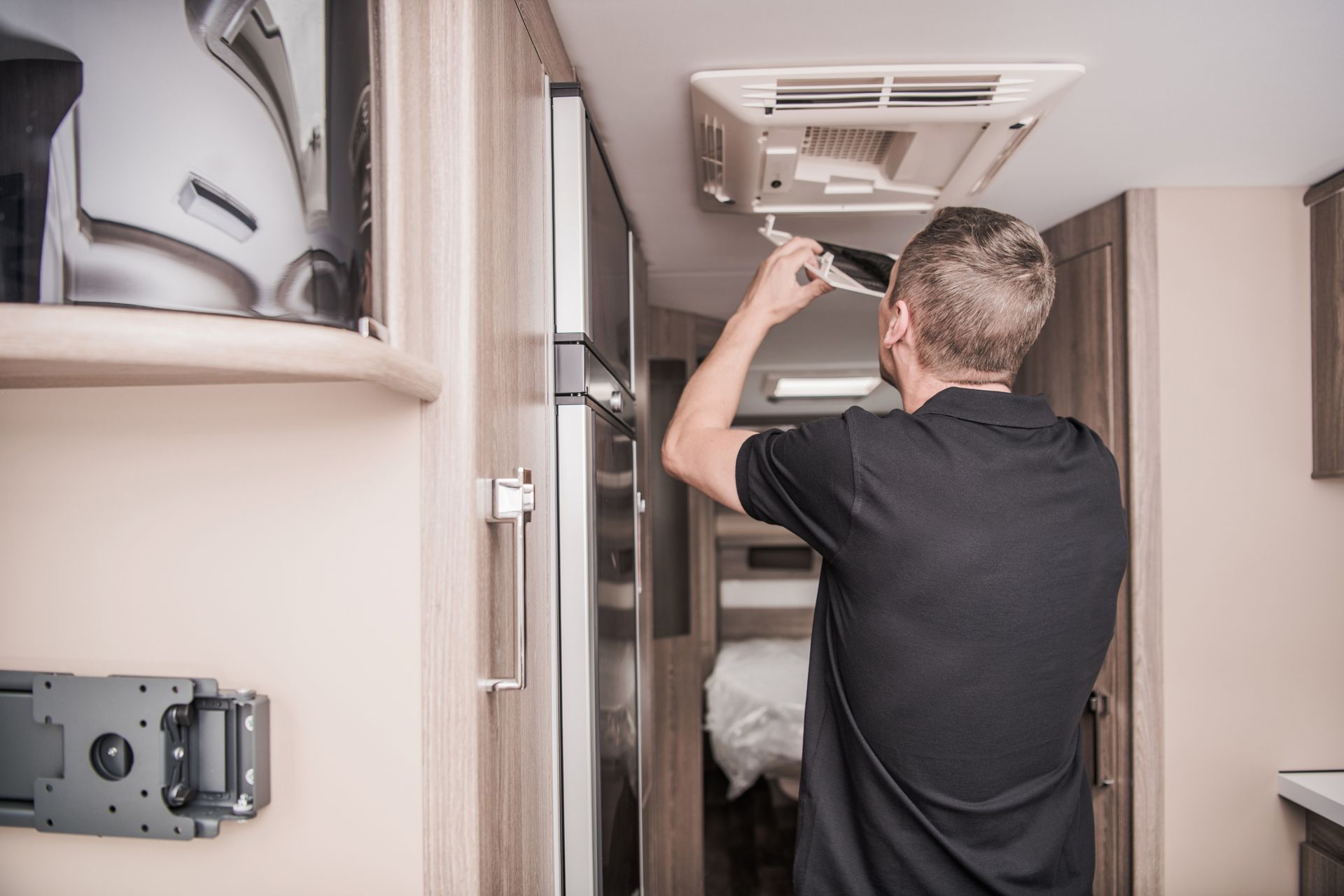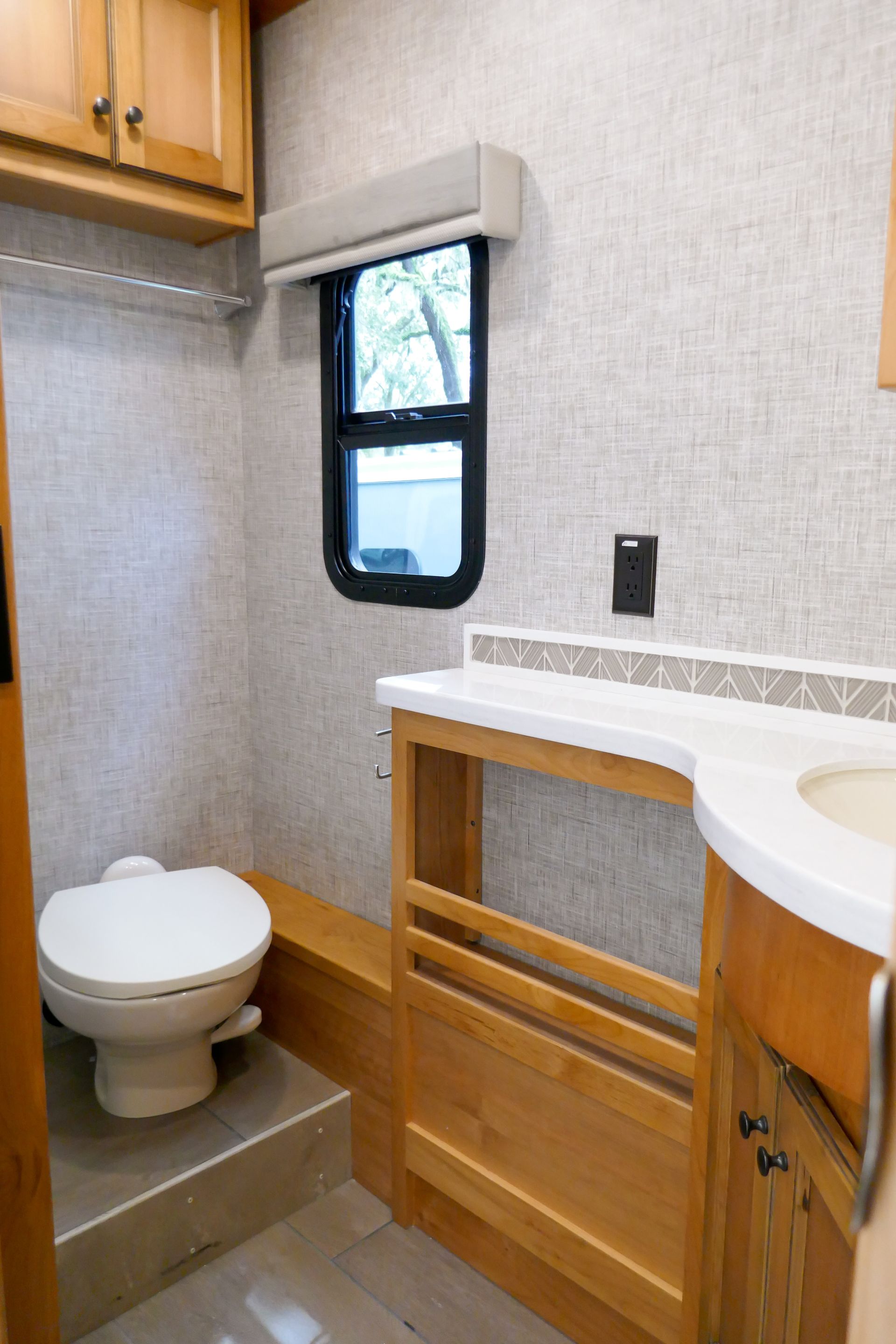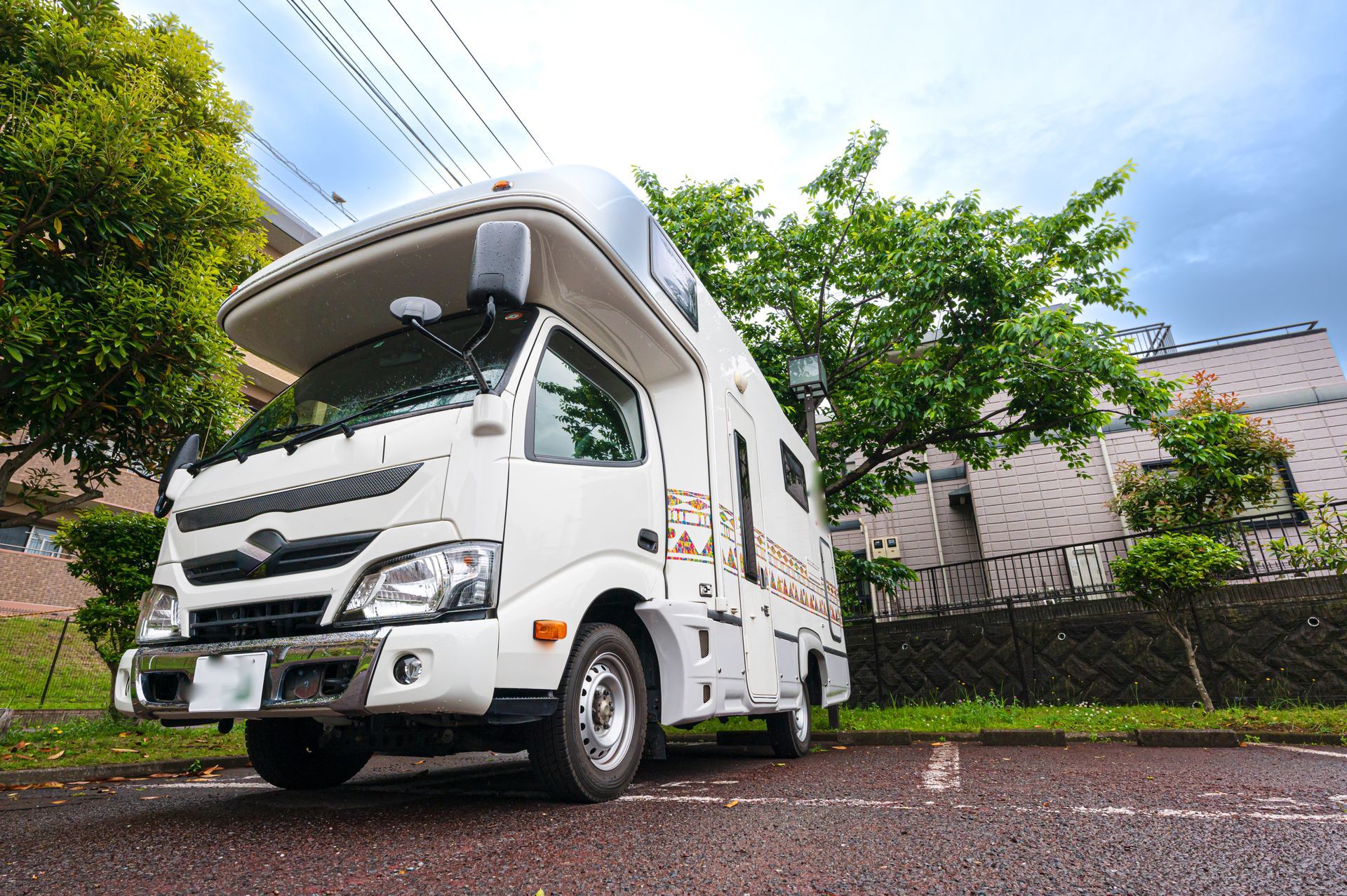RV Maintenance Checklist: Keep Your Rig Road-Ready All Year Long
Rolling down U.S. 52 or cruising along the Blue Ridge Parkway feels almost effortless—until a worn seal starts leaking or a tire blowout ends the fun. Preventative RV maintenance is the difference between spontaneous adventure and an expensive roadside rescue. Whether you camp every other weekend or store your motorhome for long stretches, a structured plan keeps your investment safe, your passengers comfortable, and your travel budget intact. Below you’ll find a 360-degree checklist, tailored advice for our North Carolina climate, and practical tips from the experts at
Temple RV Repair in Rockwell, NC.
Why Routine RV Maintenance Matters
Ignoring routine upkeep can wreck more than your vacation itinerary—it can wreck your wallet. Deep down, every coach, trailer, or fifth-wheel is a mobile house and a rolling vehicle in one. That means double the systems and double the opportunity for hidden wear. Routine RV maintenance near me in Rowan County protects:
- Safety – Brakes, tires, propane lines, and smoke detectors demand periodic inspections to avoid accidents and fires.
- Resale value – A well-documented maintenance record can boost resale by thousands, even in a competitive market.
- Warranty coverage – Many manufacturers require proof of yearly inspections or they can deny claims on structural or drivetrain components.
- Comfort and health – Mold from rooftop leaks or clogged A/C filters can compromise indoor air quality, especially in our humid North Carolina summers.
Regular checkups also provide peace of mind. Knowing a certified technician has torqued your lug nuts, tested your battery, and pressurized your plumbing frees you to concentrate on epic views rather than ominous dashboard lights.
Seasonal RV Maintenance Checklist
A one-size-fits-all plan rarely works because North Carolina’s sultry summers and occasional freeze-thaw cycles create unique demands. Use the following quarterly checklist—about 30 minutes of reading and a few hours of hands-on work each season—to stay ahead of trouble.
Spring (March–May)
- Roof & sealant inspection – UV rays and heavy rainfall beat up rubber membranes. Rinse debris, inspect caulking, and repair cracks.
- Battery awakening – Reconnect and clean terminals, check electrolyte levels, and perform a load test.
- Freshwater flush – Sanitize tanks with a diluted bleach solution, then rinse until odor-free.
- Brake & suspension check – Pothole season demands a visual inspection of bushings, leaf springs, and wheel bearings.
Summer (June–August)
- HVAC tune-up – Replace filters, clean evaporator fins, and verify no critters built nests in rooftop units.
- Awning & slide lubrication – Prevent squeaks and protect weather seals from dry-rot.
- Tire pressure & age review – Heat accelerates sidewall degradation. Replace any tire older than six years regardless of tread.
- GFCI testing – Afternoon thunderstorms can trip outlets without warning.
Fall (September–November)
- Roof inspection repeat – Falling acorns dent skylights; patch now before winter.
- Furnace trial run – Turn it on during a cool evening to catch burner or fan issues early.
- Propane leak test – Soapy-water spray at every joint and regulator confirms integrity.
- Exterior wash & wax – Remove sap and protect gel-coat before storage.
Winter (December–February)
- Full winterization – Drain water lines, add RV-grade antifreeze, and open faucets.
- Slide-out retraction – Store slides closed to limit snow load on slide toppers.
- Battery tender hookup – Maintain charge at 12.6 V or above to prevent sulfation.
- Rodent deterrent – Steel wool in small holes and peppermint-oil sachets guard wiring.
While DIY guardianship covers the basics, several tasks—such as brake adjustment or rooftop A/C servicing—demand certified tools and training. If you’re short on time or confidence, Googling “RV maintenance near me” will point you to Temple RV Repair’s 12-bay facility where we use torque-wrench-verified procedures and manufacturer-approved sealants.
DIY vs. Professional RV Maintenance Near Me
Plenty of owners love wrench time. Changing an anode rod or swapping a serpentine belt on a lazy Saturday can be genuinely satisfying. Yet the modern RV is more technical than ever. Here’s how to decide when to call the pros:
| Task | Difficulty | Risk if Done Incorrectly | Pro Shop Advantage |
|---|---|---|---|
| Water heater anode replacement | Easy | Accelerated tank corrosion | OEM-spec magnesium/anode stock on hand |
| Brake shoe & magnet adjustment | Moderate | Brake fade, accident | Precision gauge alignment, brake dyno |
| Slide-out alignment | High | Gear damage, water intrusion | Hydraulic lifts, laser alignment |
| Solar & lithium upgrades | High | Fire hazard, warranty void | ABYC-certified electricians, thermal imaging |
Professional service isn’t just about replacing parts; it’s also about system-level diagnostics. Our technicians at Temple RV Repair run code readers on modern CAN bus chassis, pressure-test fuel rails, and track microscopic leaks with ultraviolet dyes. The service fee often pales in comparison to the cost of guess-and-check parts swapping.
Choosing the Right RV Storage Environment
Storage decisions influence your maintenance workload more than any other factor. Rockwell sees an average of 45 inches of rain and plenty of tree pollen each year. Leaving your rig under a maple tree multiplies cleaning sessions and clogs gutters that funnel water off the roof.
Open Storage Benefits
- Budget-friendly—no monthly electrical or climate-control fees.
- Easy access—ideal for last-minute weekend escapes to High Rock Lake.
- Space for big rigs—Class A motorhomes and stacked toy haulers fit without height worries.
Potential Drawbacks
- Exposure to UV and hail unless you use an RV-rated cover.
- Security—fence lines and cameras help, but choose a lot with lighting and gated entry.
Temple RV Repair’s open storage yard balances cost and protection: gated asphalt pads, LED floodlights, on-site personnel, and optional monthly “storage-plus” maintenance plans. Our technicians perform quick visual inspections, pressurize tires, and even spin up your generator so you can pick up the coach and drive off worry-free.
Schedule Service with Temple RV Repair Today
An ounce of prevention beats a carton of replacement parts every time. Sticking to this RV maintenance checklist will keep your travels smooth, but your calendar can fill up fast. That’s why we offer flexible scheduling—drop off before work, pick up after. Our shop is minutes from downtown Rockwell and only 25 minutes from Salisbury, Concord, and Kannapolis.
From battery load tests to comprehensive 40-point inspections,
Temple RV Repair has you covered. Call us at
(704) 202-1213 to book a service slot, reserve open storage, or ask a quick troubleshooting question. Friendly technicians, transparent estimates, and genuine parts—that’s the Temple promise. Let’s make sure your next journey begins with confidence and ends with unforgettable memories.
FAQs
How often should I schedule professional RV maintenance if I perform basic checks myself?
Even diligent DIYers should book a pro inspection at least once a year to verify brakes, seals, and safety systems with specialized tools you may not own.
Can I skip winterization if I store my RV in Rockwell where hard freezes are rare?
A single unexpected cold snap can burst water lines; adding RV-safe antifreeze takes minutes and costs far less than plumbing repairs.
Does Temple RV Repair service motorhomes and towable trailers?
Yes, our ASE- and RVIA-certified team works on Class A, B, C motorhomes, travel trailers, fifth-wheels, and pop-ups alike.
How far in advance should I book “RV maintenance near me” before a long trip?
We recommend scheduling three to four weeks ahead in peak spring and summer seasons to allow time for parts orders and any unforeseen repairs.
What’s included in your 40-point inspection?
Our technicians check roof seams, test propane pressures, scan engine diagnostics, examine brakes, torque wheel lugs, inspect slide-outs, and more—covering every major system in about two hours.

